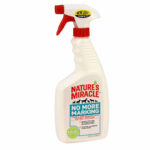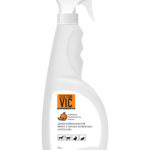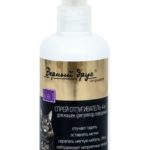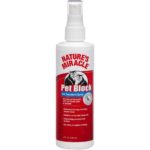What odors cats can't stand
Everyone knows that cats perceive smells familiar to humans in a different way. Their sense of smell is 15 times sharper, and their nose is equipped with more than 70 million cells that help to choose food, a partner, navigate in space and defend against enemies. We will find out what smells cats do not like and how you can use this in everyday life if your pet marks corners or scratches furniture.
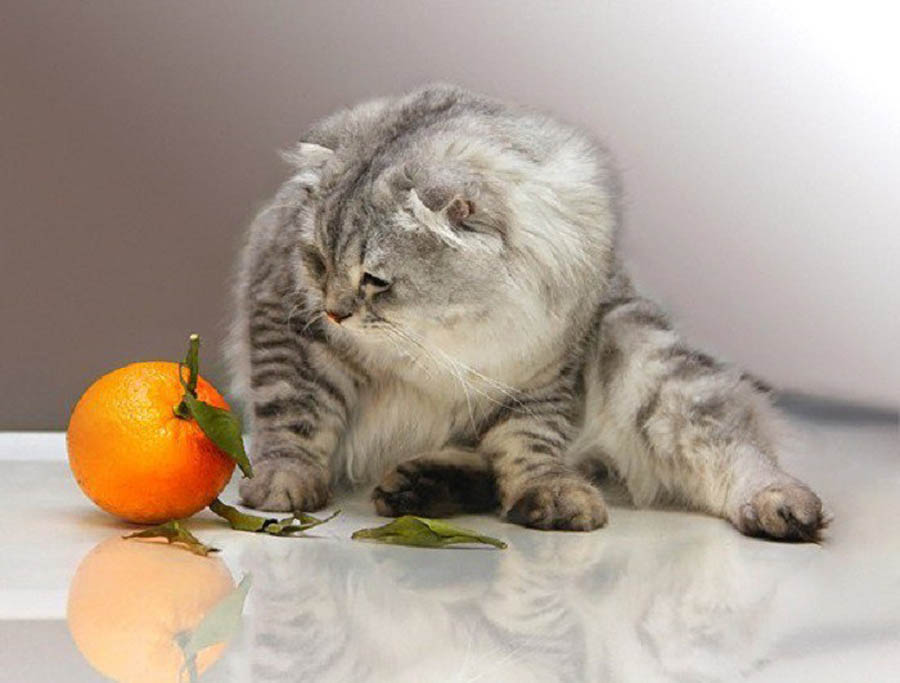
What smell cats can't stand
Cats are very demanding on cleanliness and spend almost 30% of their time cleaning their fur. The environment is just as important - pets avoid getting close to places that smell bad. The receptors of animals are different, so to scare them away, you should not choose a scent that is unpleasant for a person - this will not work. Find out the stop list of substances that disgust pets.
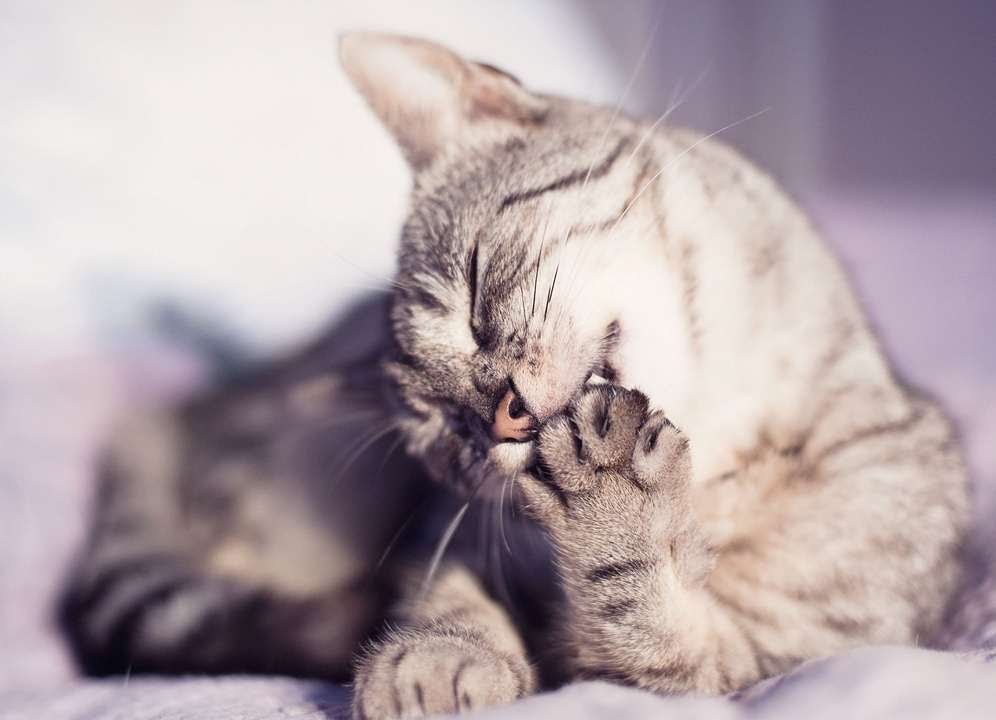
Advice! To understand what smell scares cats away, soak a piece of cotton wool or cloth in liquid (ether), leave the cat on your favorite territory.
Citrus
A citrus that smells delicious for us (orange, lemon, grapefruit, lime, pomelo) can irritate a cat's sense of smell, or even drive it into another room. One has only to peel the peel of a tangerine near the kitten, as he begins to squint and sneeze. Pets do not like everything related to citrus fruits: fresh fruits, jams, essential oils, perfumes, even hand cream will shock a cat. To disaccustom the cat to mischief, put pieces of skins or use fresh squeezed juice in a certain place.
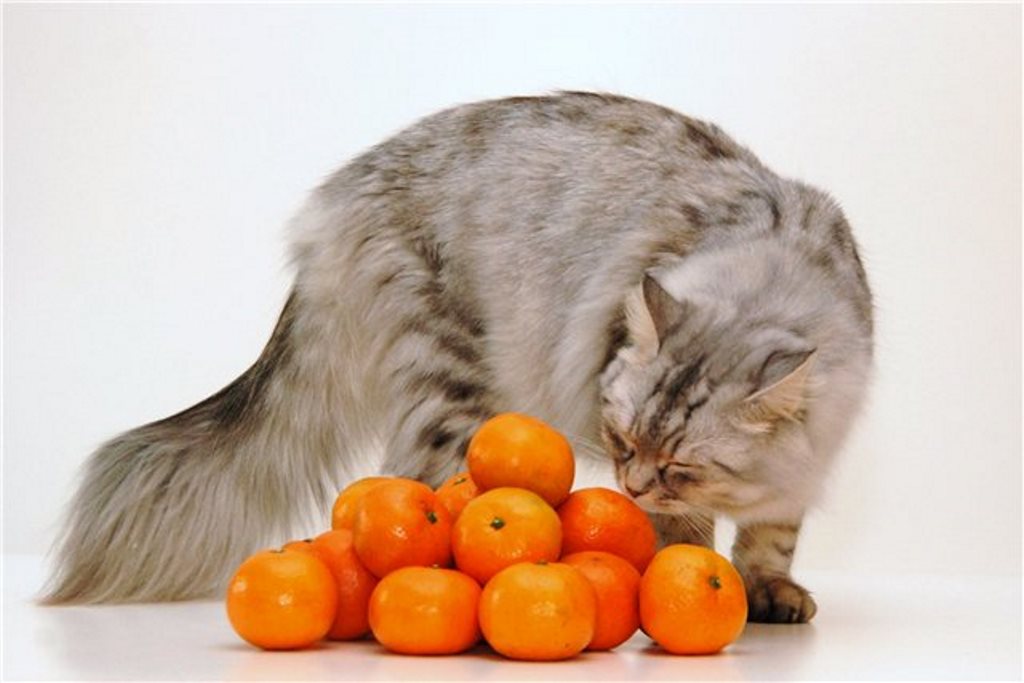
Essential oils
The cat does not like essential oils: rosemary, lavender, menthol, mint and others. This is due to the high concentration of the component in one bottle: the smell is too harsh for the pet's nose. When the owner lights the aroma lamp or adds oil to the bathroom, the pet always leaves the room.

Try to re-educate your cat, wean you off scratching door frames, sofas and going to the toilet where you can't. Mix three essential oils: lavender, rosemary and lemongrass. Dilute 1: 3 with water and rub the mixture on the doors, carpet in the corners. The second option is to dip pieces of cotton pads in the oil and leave them on the floor. You can make a polish with your own hands: dilute a couple of drops of olive oil with an equal part of any essential oil.

A plant that has a strong effect on the scent of cats - fragrant rue. This is an extreme method if others have proven to be ineffective. You can buy a jar at any pharmacy, inside the finished oil. Dry twigs are also good.

Remember! Ruta is a potent ingredient that, in large quantities, causes allergies and irritation of the mucous membranes.
Onions and garlic
It is not known which odor our cats no longer tolerate: garlic or onion.Pets do not eat or taste foods that contain one of these vegetables, especially when fresh. The smell of garlic is strong and strong, it is disgusting not only in cats, but also in many people.

Advice! Garlic cloves are a proven method for preventing marks in the apartment. And if the cat loves to gnaw flowers in pots on the windowsill, you can put a saucer with a cut onion.
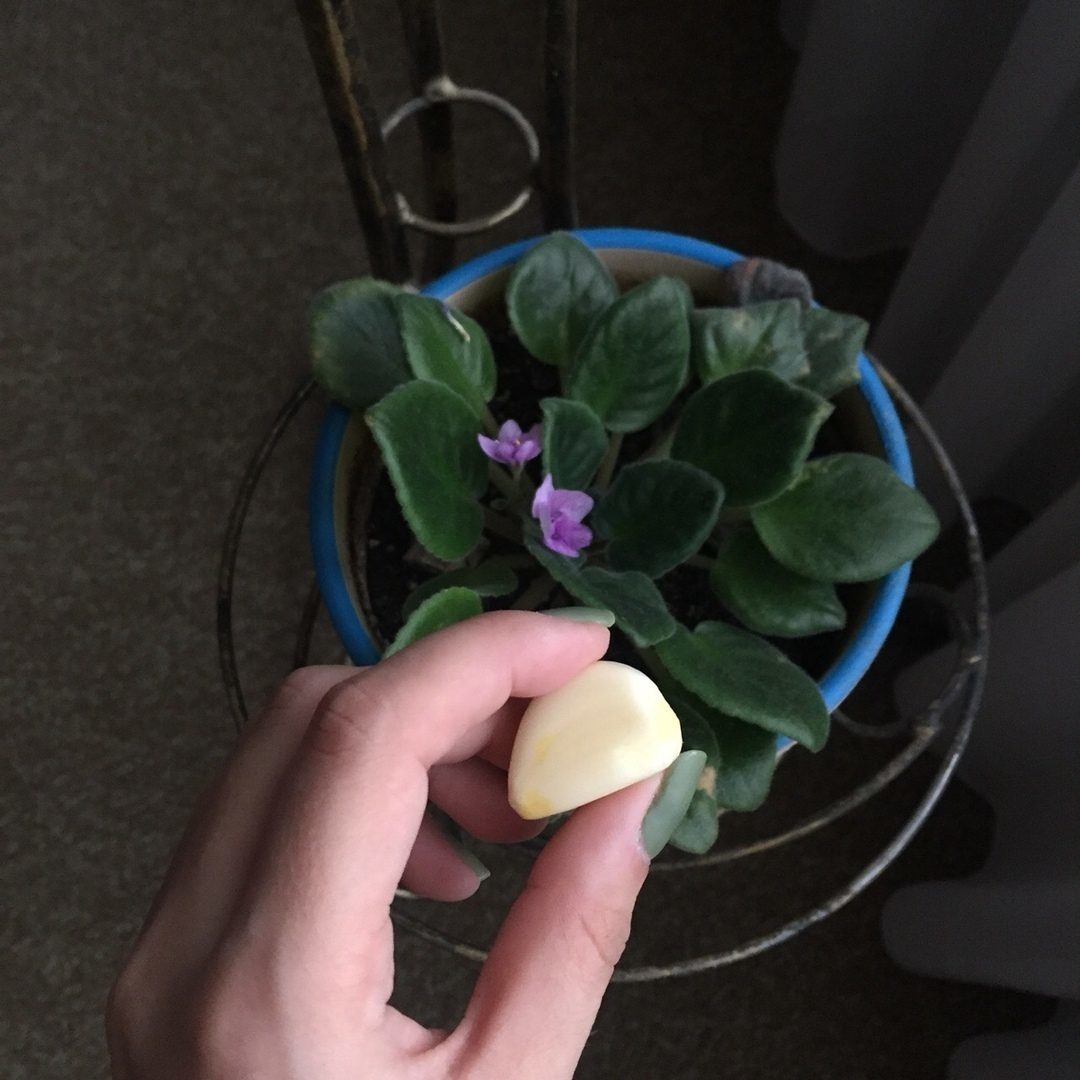
Condiments and spices
Pets don't like dry spices. Especially when it comes to such seasonings:
- turmeric;
- paprika;
- ground pepper and peas (black, red);
- cinnamon;
- Carnation.
The cat does not like cumin, vanillin, saffron, ginger. To disaccustom a kitten to relieve in corners, make a mixture of peppers and water, boil and spray all the "dangerous" areas with it.

Use cinnamon carefully! The spice will not only become an obstacle for the animal, but also cause irreparable harm. The essential oil contains cinnamon aldehyde, which negatively affects the nervous system and kidneys of the kitten.

Dried lavender
It is difficult for cats to tolerate some plants or herbs, for example, rosemary, eucalyptus, lavender. For humans, it is a source of pleasant scent, which is used in aromatic sachets and sprays, and for pets, it is a real repeller. If you do not want your cat to spoil the flowers in the garden, grow lavender there - it is safe but very effective. The dried plant in the bag can be placed on the spot where the cat scratches the sofa or ruins the carpet.
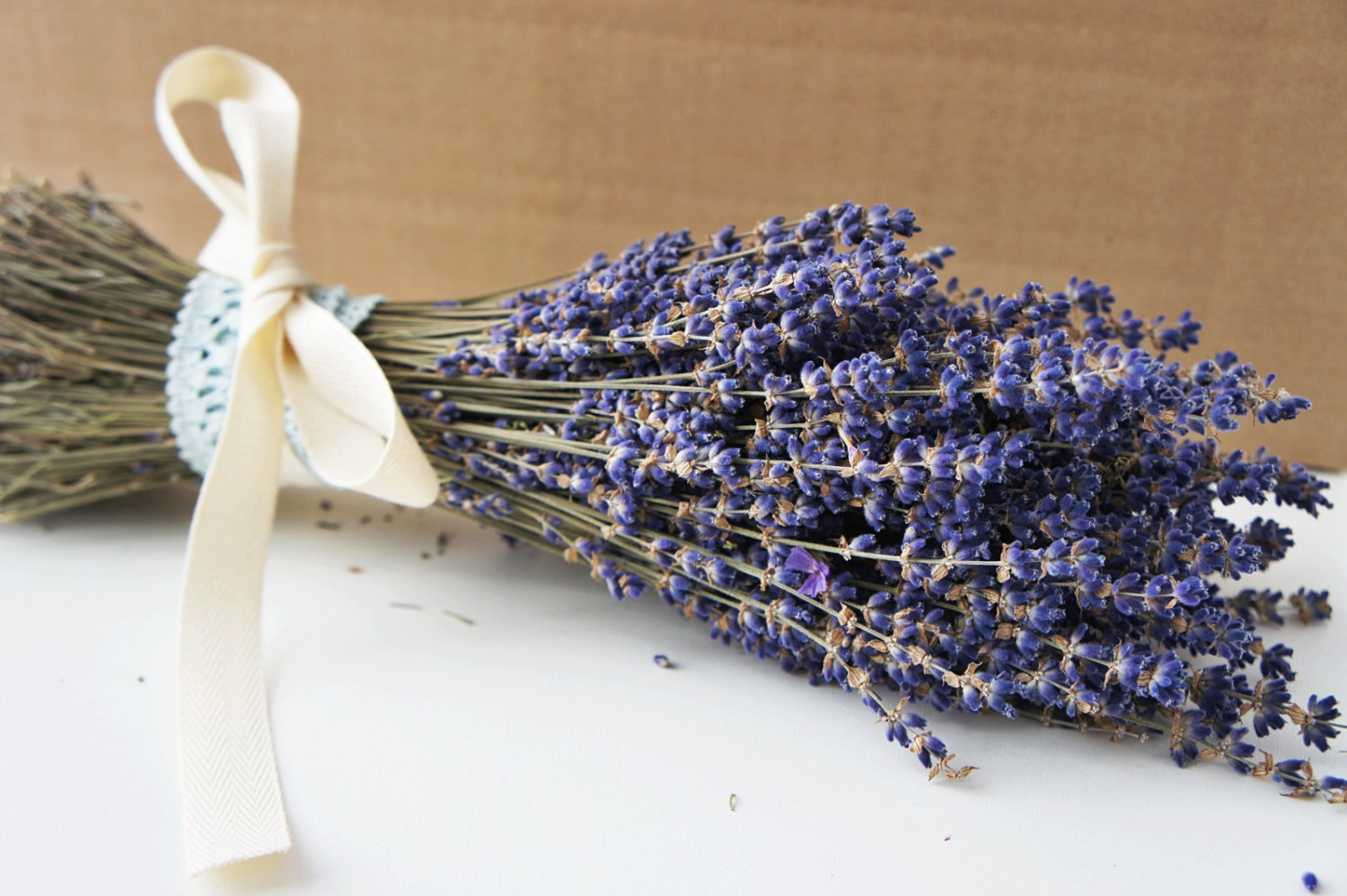
Note! Concentrated lavender ester must be used carefully - it is toxic in large quantities.
Vinegar
Have you noticed that as soon as you smell vinegar in the kitchen, the cat begins to snort in annoyance and move away from the source of the scent? The pungent smell scares pets, and this remedy is actively used in the fight against cat urine and the habit of shitting past the litter box. It is enough to treat the surfaces with a solution of essence and water from a spray bottle or wipe them thoroughly with a damp cloth dipped in vinegar.

Perfumery
This includes colognes, lotions, and men's and women's eau de toilette. Old perfume that is no longer in use will scare away the cat perfectly.

Advice! The smell of eau de toilette should be persistent and last for several days. A cheap "triple" cologne, which can still be found on the shelves, works well.
The cat hates deodorants, shower gels, soaps, air fresheners, shampoos. Poorly tolerates the aromas of cleaning products and cosmetics (foams, masks and creams). The pet perceives any substance that contains notes of perfumery components as a stench. By the way, the cat is more favorable to the smell of sweat than perfume: sweat is a natural secret, in contrast to chemicals.

Do not forget that washing powders and gels, fragrances, fresheners are very toxic to animals. It will not work to get rid of all household products, but they must be applied carefully. To wean a kitten from scratching furniture and making puddles on the floor, use only natural compounds, avoiding chemicals.
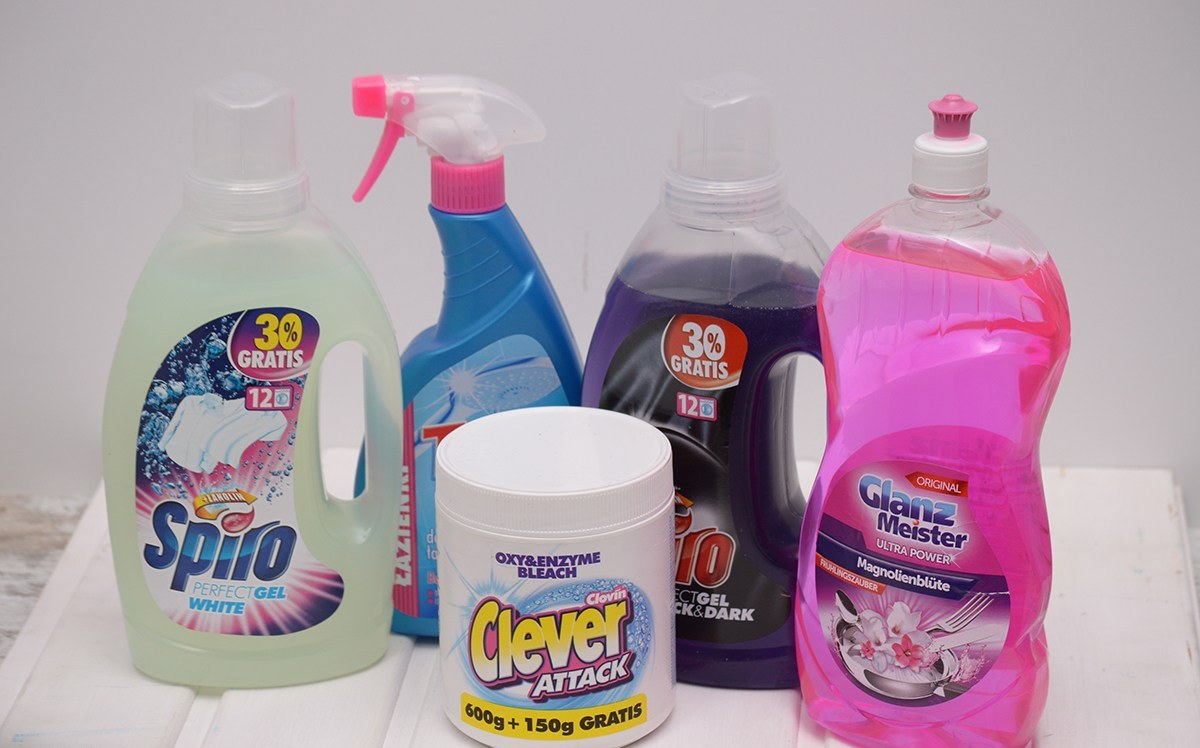
Alcohol
Strong drinks (vodka, moonshine, cognac) and fumes after drinking them can greatly anger a cat. In this case, cats are in solidarity with non-drinkers: the pet may even aggressively rush at its drunk owner. The cat will never jump on the lap of a drunk or "tipsy" person, avoiding contact the next day, until the smell has completely disappeared.

The leprosy of the animal is quickly suppressed by alcohol: pour a couple of drops of alcohol into the lid and put it in the corners - the effect is guaranteed. There is one drawback: not everyone wants to be in a room that smells bad of ethanol. But to get rid of it, you can simply open the window for airing.
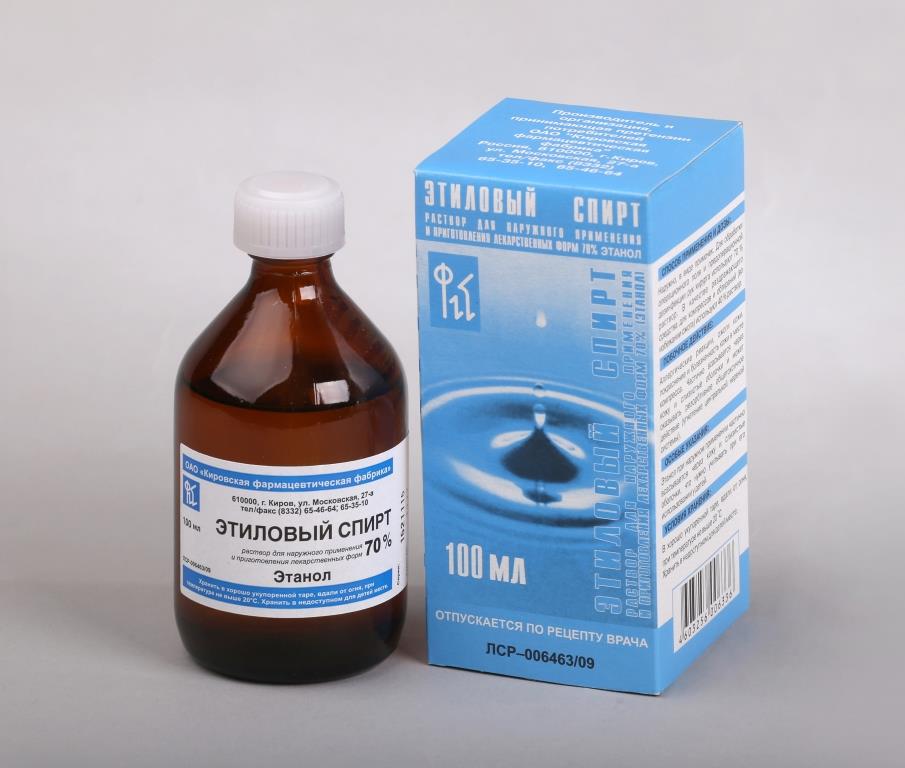
Tobacco smoke is the second least favorite item on the list of cats. The cat squints, sneezes, snorts and walks away from smoking cigarettes, even if it is used to constantly being in a smoky room. Many pets also have a negative attitude to dry tobacco - it is often used if the cat marks the territory: they break cigarettes and put them where they need to be.

Cat scarer rating
If the improvised means turned out to be ineffective, "heavy artillery" is used to scare away cats - chemical compositions in the form of sprays and preparations. Solutions help not only against marks, but also in cleansing, removing the smell of urine from surfaces. There are no dangerous ingredients in quality products, only natural oil and non-toxic ingredients.
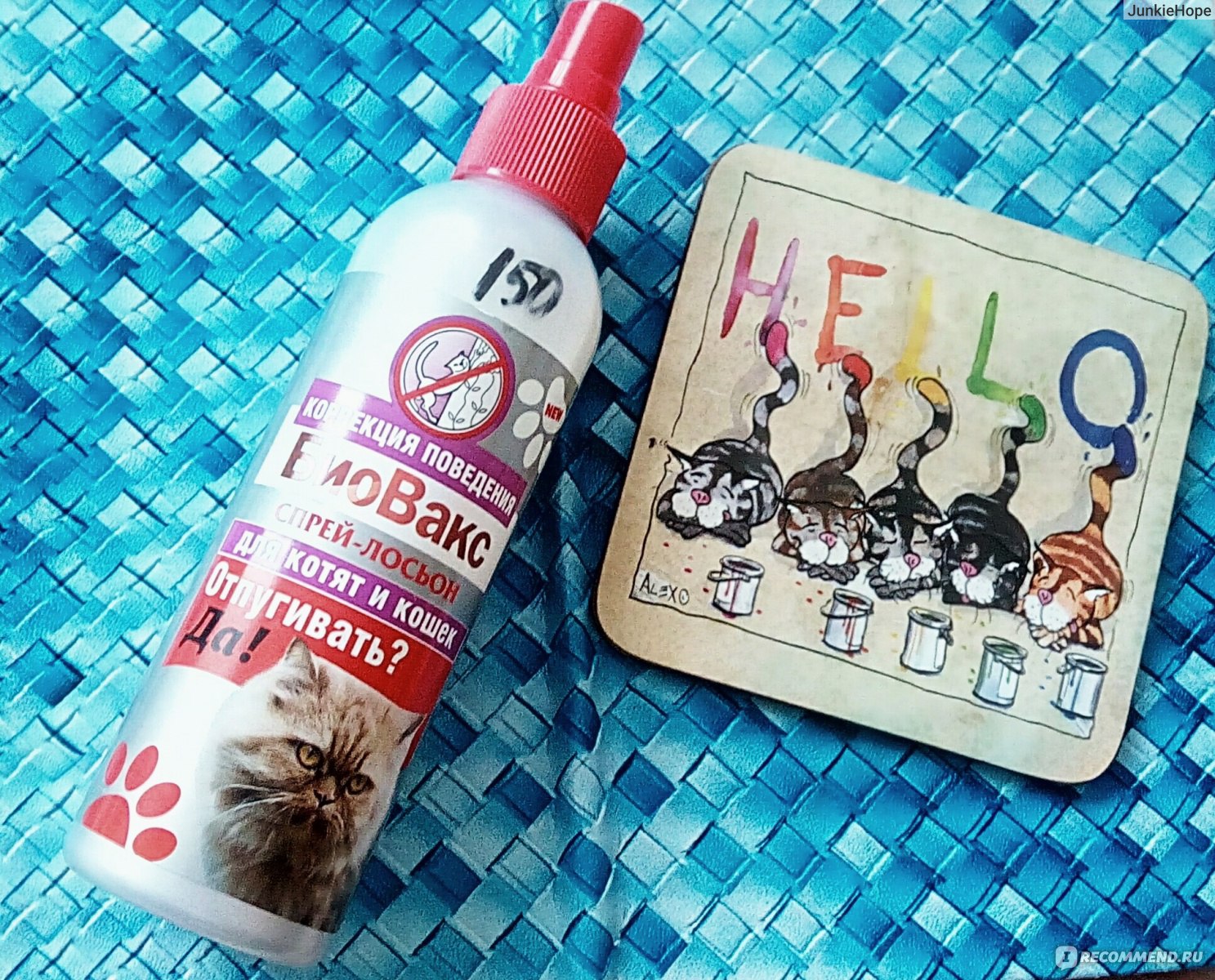
The formulations are concentrated and have a long lasting effect. The most convenient spray is considered: it is enough to evenly distribute it on the door, furniture or carpet, let it soak a little - and the cat will bypass this place. Consider the rating of effective repellent sprays.
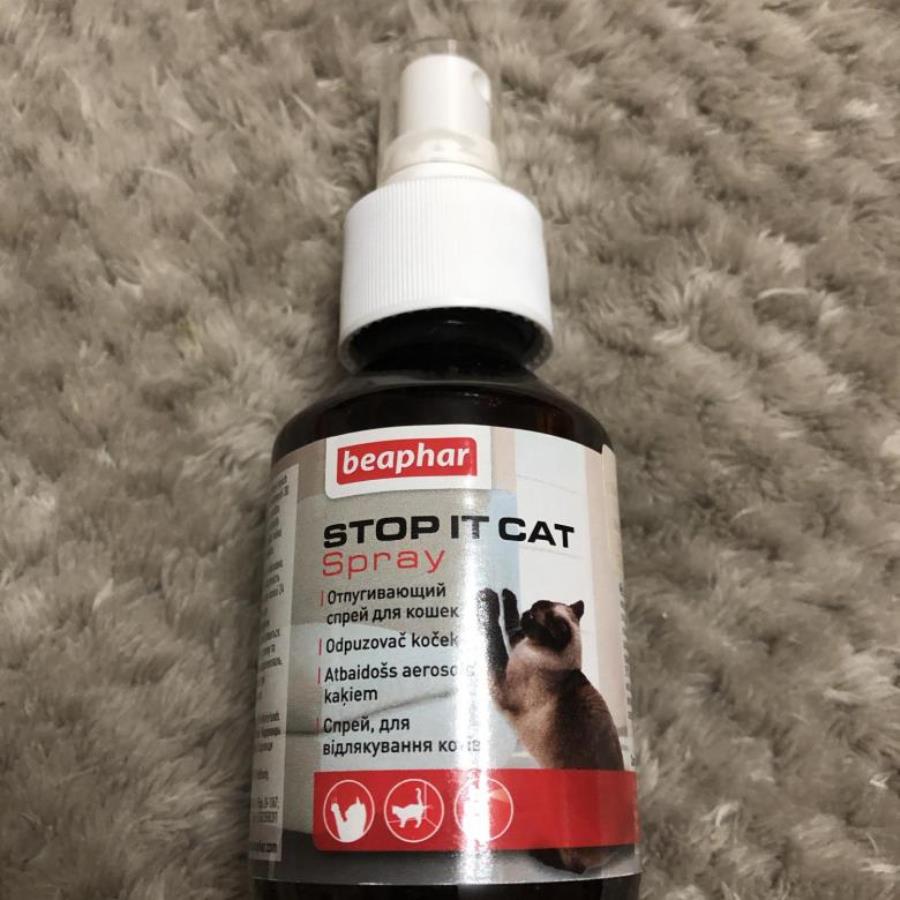
| Name | Composition, purpose | Application | Contraindications |
| 1. Spray 8 in 1 "Nature's Miracle" | Esters: lemon, thyme. The oil is suitable for cleaning and removing cat urine stains on furniture and other surfaces. The smell helps to wean cats from tagging. | Apply liquid liberally to the desired place, leave for 10 - 15 minutes, remove excess moisture with a cloth or napkin. | Spray in the absence of children, do not use if there are allergy sufferers in the house. |
| 2. Doctor Vic | Root tree essential oil. It will help to wean the animal from tagging. | It is sprayed on furniture, flowerpots, the floor at a distance of about 25 - 30 cm. The surface is treated once a day until the pet stops marking. | The smell is not suitable for allergies to the main component.
Important! Cannot be applied to plants and potted soil. |
| 3. Beaphar "Stop - it Cat" | The active ingredient is methylnonyl ketone, which smells like acetone. In the conditions of nature, it is contained in fragrant rue. | It is applied on the surface once a day, must dry completely. Spray at a distance of 20 cm. | Recommended for adult pets only. |
| 4. Loyal friend 4 in 1 | Essential oil of tea tree and lavender. Designed to protect floors and furnishings from marks and scratches. | Apply at a distance of 25 - 30 cm from the surface. Use 2 times a day. | The smell does not affect non-castrated males. |
| 5.NM JFC Pet Block Cat Repellent Spray | Cinnamon oil. The spray helps to train kittens to the litter box. | Spray at a distance of 20 cm, on any surface. | Not suitable for adult cats. |
There are ultrasonic scarers - they are able to drive the pet away with the help of ultrasound, which the cat regards as an alarm and discomfort. The person does not pick up the sound up to 27 KHz, but the animals try to escape from the premises. It is convenient that the territory "guarded" by devices is large - not less than 7 m.It is impractical to purchase a device for an apartment, in contrast to the private sector. Minus: the kitten develops a phobia of his home, which negatively affects the psyche.
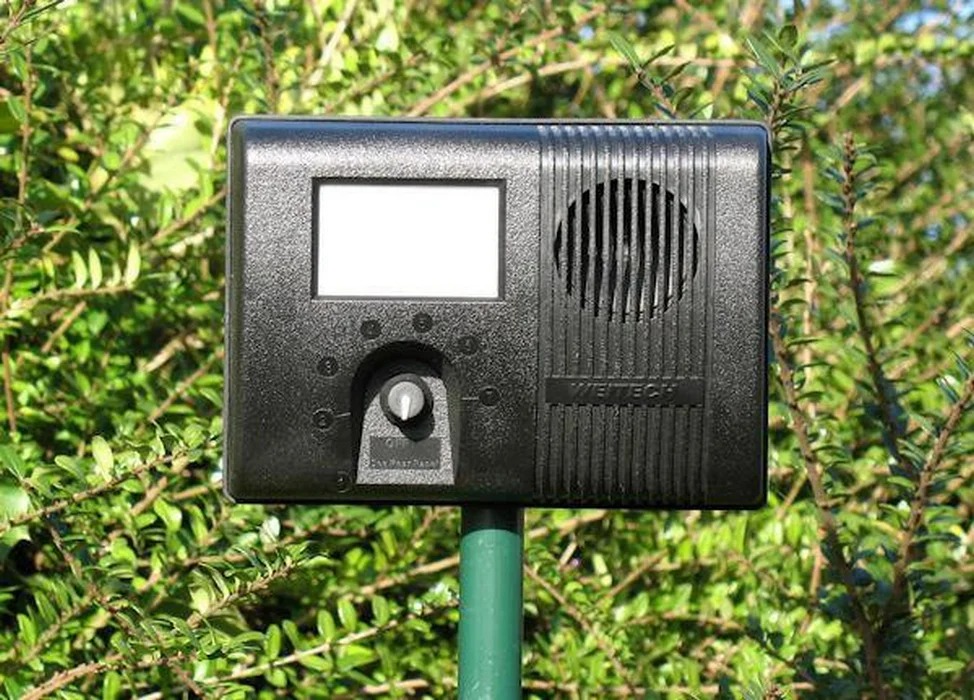
The choice is always individual, depending on the age, behavior and habits of the animal. Sprays are not effective for all felines, and some overly concentrated fragrances will be unpleasant for home owners. Start small - orange peels, lavender sachets, essential oils. If it doesn't help, use radical methods.
VIDEO: What smell scares cats away.
